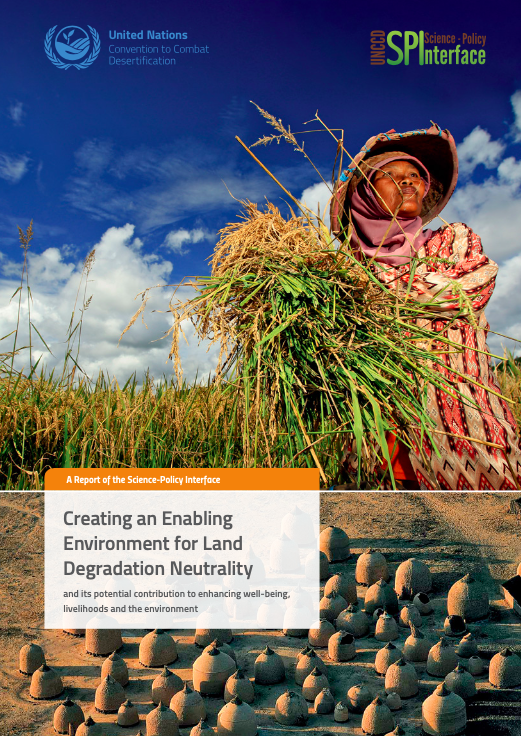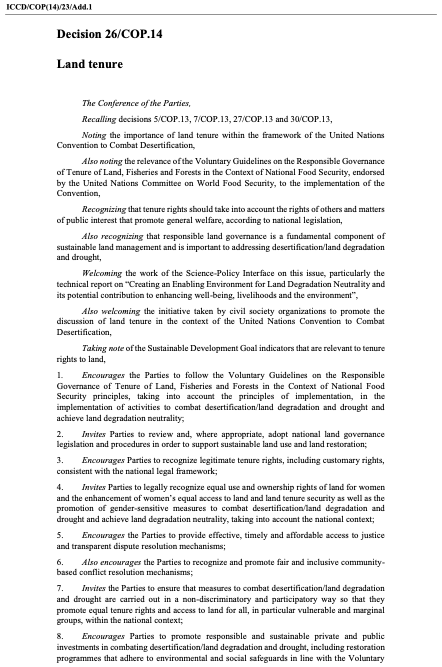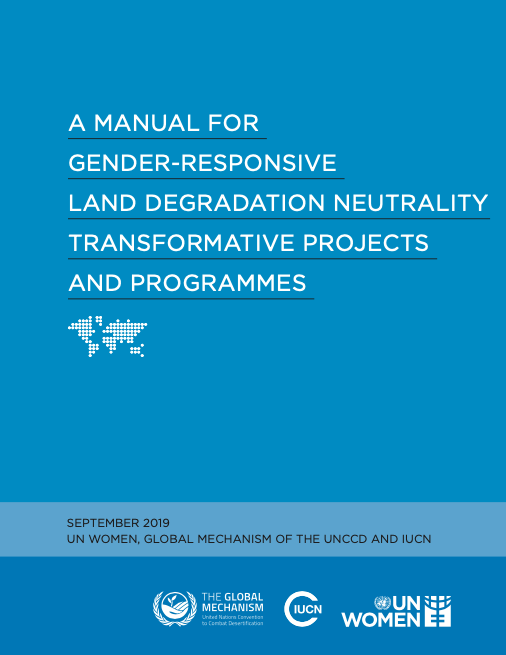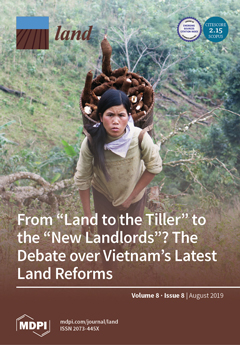Improved Son tra (Docynia indica) varieties and propagation techniques to increase production and income for potentially 123,000-247,000 households in Northwest Vietnam.
Domestication of indigenous Son tra or H’mong apple fruits has resulted in higher yields of superior, more marketable fruits while helping in soil conservation efforts in the North-West region of Vietnam. FTA supported partnerships, helped develop and scale adoption of superior son tra genotypes by smallholder farmers and government-led land restoration initiatives.







